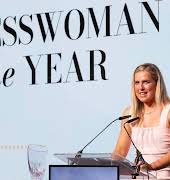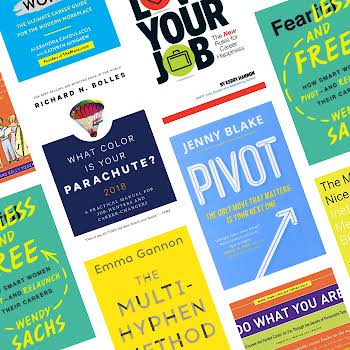By Sinead Brady
04th Jul 2019
04th Jul 2019
Alongside public speaking, interviews have the capacity to strike fear into our professional hearts. Here are six of the most commonly asked questions along with practical tips to help you overcome that fear.
Tell me a little about yourself?
Use the ‘past-present-future’ formula here. To start give your current job along with a hobby or pastime you have. Now make reference to how you got to where you are professionally, including a quick reference to education or important experiences in previous jobs. Then finish by touching on a goal for the future.
Take me through your CV?
The key to nailing this question is to understand the question behind the question. The interviewer ultimately wants to know why your past experiences, skills and accomplishments make you the ideal candidate for this role. To get this right sit down with your CV and ask yourself- Why did I pursue each job (paid or unpaid)? What experiences/lessons/skills emerged from each one? How did I grow professionally from each experience/lesson/skill? Set yourself up for success by developing your career story so that you connect the dots between your previous experience and the job you are interviewing for.
What are your greatest professional strengths?
Rather than ‘I’m a hard worker’, ‘I’m a team player’ or ‘I’m highly motivated’, add some passion to your answer. To start your sentence use phrases like ‘I gravitate towards leadership roles’, ‘I love to work with lean design processes’, or ‘It’s undoubtedly writing’. Then add in an example of how you have used that strength together with an example of how that has improved workplace outcomes previously.
What do you consider to be your weakness?
Don’t dress strengths up as weaknesses. NEVER say you are a perfectionist, a workaholic or that you have no weaknesses. Use this question to show a level of self-awareness. For example, you might say- ‘Public speaking scares the life out of me so I’ve joined my local Toastmasters to improve’, ‘In the past I have struggled to delegate enough so I have signed up for a leadership course on EDX to help me manage this better’, ‘I’m self-critical so I worked with an executive coach to help me manage this. It has been a learning curve and I am still working on it’, or ‘Naturally, I am a people pleaser and I struggle with giving negative feedback. I know feedback is important so I have started to work on the radically candid method.’ By showing that you are self-aware and that you have taken action to deal with your weakness, your answer enters a different stratosphere.
What are your salary expectations?
Let’s be clear here – money is important. Know your value and own your salary expectations. Don’t shy away from the question. Do your research to find out what competitive salaries are like in your industry. Speak to friends or peers and use Salary, Payscale, or Glassdoor to understand better. Know what your baseline salary figure is. Add 10-20% onto that figure and use the range between your baseline plus 10-20% as your figure. By giving a salary range you show a willingness to negotiate, while a single figure sounds like an ultimatum. At this point include important non-monetary items e.g. remote working, flexible time, annual leave, company-sponsored up-skilling, health insurance, bonuses and incentives.
Do you have any questions for us?
This groan inside question often elicits a single word answer ‘NO’. You must, however, answer it and here are a few ideas – If I get the role, what would you like to see me achieve in my first 30 days? How will my performance be measured? How many team members will I work alongside? What are the most important issues that your company faces in the next 3, 6, 9 or 12 months? What are the most immediate live projects? What training programmes are available to your employees? Is there anything else helpful I can provide you with?
Going for interview is a stressful but inescapable feature of our career journeys. Instead of fearing them, see them as a chance to succeed. Discuss your momentous moments with confidence. Be honest about your ambitions and expectations. Successfully navigating interviews is vital to designing a career that you love. If you don’t design it, someone else will do it for you. And you may not like their version. Good luck!
Main photograph: Unsplash
Related: Being rude at work is a bad idea
Related: How to avoid toxic workplaces when job hunting
Related: Do you suffer with work anxiety? Here are some tips to help






















